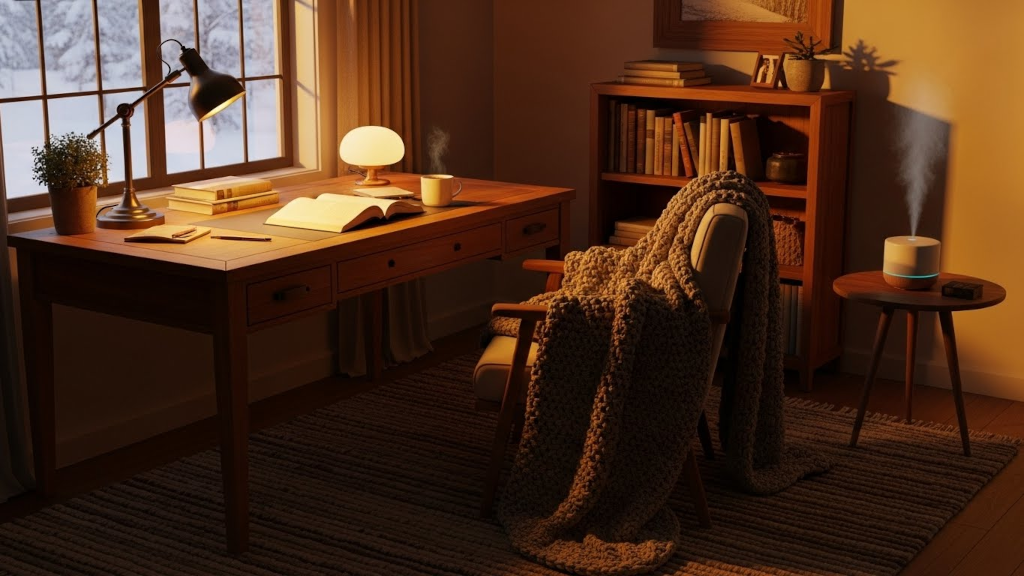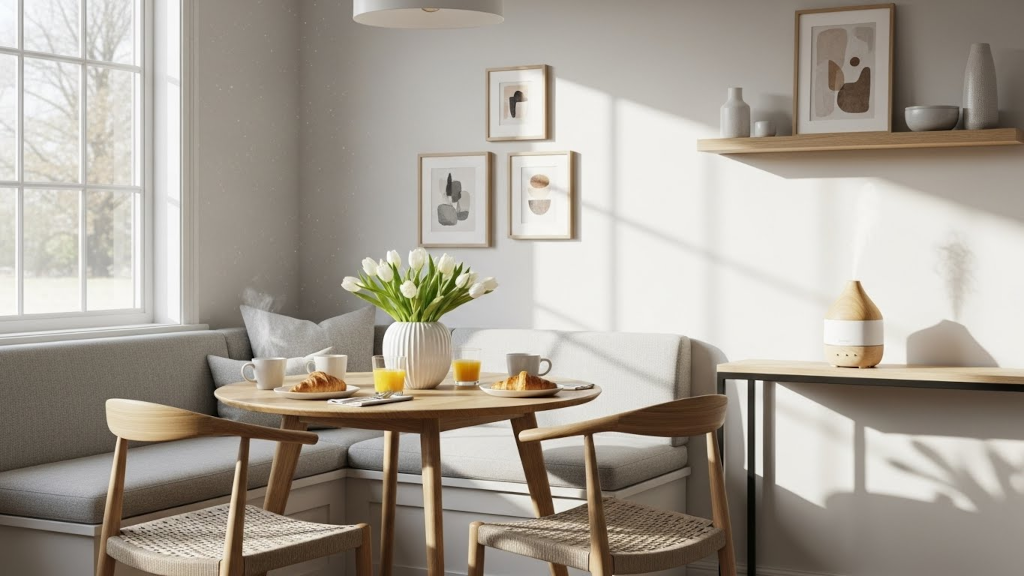The smell of luxury is a balanced blend of clean citrus, airy florals, soft woods, and refined musk. It feels fresh, modern, and intentional. Luxury scent is not heavy, sweet, or overpowering. Instead, it creates calm clarity in the air, the same polished atmosphere found in high-end hotels and well-designed spaces. This style of fragrance signals comfort and sophistication the moment you enter a room.
Why People Associate Certain Notes with Luxury
Fragrance influences perception within seconds. Bright citrus is linked to cleanliness and clarity. Soft florals create an elegant, smooth lift without sweetness. Woods such as sandalwood or blond cedar add calm structure. A quiet musk finish gives the air a warm, seamless quality.
Together, these notes create a sensory landscape that feels orderly and composed. The brain reads this combination as freshness and quality, which is why people instinctively describe it as luxurious.
Luxury in Homes vs Hotels
Luxury hotels rely on one core principle: consistency. Their signature scent is present in the lobby, hallways, and rooms at a steady, low level. This consistency shapes memory and gives the hotel its identity.
At home, you do not need continuous scenting, but the same principle applies. Use one refined blend throughout your main living areas to create a cohesive atmosphere. A united scent profile makes the home feel cleaner, calmer, and more intentionally designed.
How Luxury Scent Behaves in a Room
A luxury fragrance should feel like part of the air, not something layered on top of it. The aroma stays gentle, even, and breathable. It should brighten the room without drawing attention to itself. Guests notice the experience, not the source.
The best luxury scents create a subtle arrival moment. You step into the space and immediately feel calm, refreshed, and centered.

Best Oils That Create a Luxury-Smelling Room
Choose oils that serve as foundations rather than strong accents.
Luxury Hotel – Inspired by the World's Finest Hotels
A clean blend of citrus, blonde woods, and soft musk. This oil creates the modern hotel atmosphere people associate with quiet clarity and comfort.
Airy, fresh, and peaceful. Perfect for bedrooms, living rooms, and open spaces where you want a smooth luxury presence.
A delicate floral used in high-end spas and resorts. It adds a soft, polished elegance to any room without heaviness.
These oils offer the balance and refinement needed for a luxury home environment.
Why Cold Air Diffusion Enhances Luxury Scent
Cold air diffusion keeps the air clean and consistent. It releases fragrance as a dry, even mist that preserves the true character of the oils. There is no heat, no residue, and no artificial sharpness.
This method mirrors the technology used by hotels. It creates a balanced atmosphere that feels smooth, breathable, and high-quality in every corner of the room.
Creating a Luxury Atmosphere at Home
To achieve a hotel-level effect, focus on three elements:
• A clean citrus or white tea base
• One signature fragrance for the main living areas
• A cold air diffuser set to a low and steady output
This combination creates a polished, modern home atmosphere that feels intentional and elevated.
The Essence of Luxury in Your Own Space
Luxury scent is ultimately about intention. It is the feeling of clarity when you walk through the door, the calm that settles into a room, and the quiet refinement that ties a space together. When you choose balanced citrus, soft florals, gentle woods, and refined musk, your home gains the same polished atmosphere that defines world-class hotels.
A single signature fragrance, delivered through clean cold air diffusion, becomes part of your daily environment. It shapes mood, lifts the space, and creates a sense of comfort that feels effortless. Luxury becomes something you live with, not something you only experience when you travel.
When you are ready to craft your own signature atmosphere, explore the Inspired Collection and discover how a refined fragrance company can transform your home into a place of calm and quiet sophistication.
Related Reading: Luxury Home Fragrance








